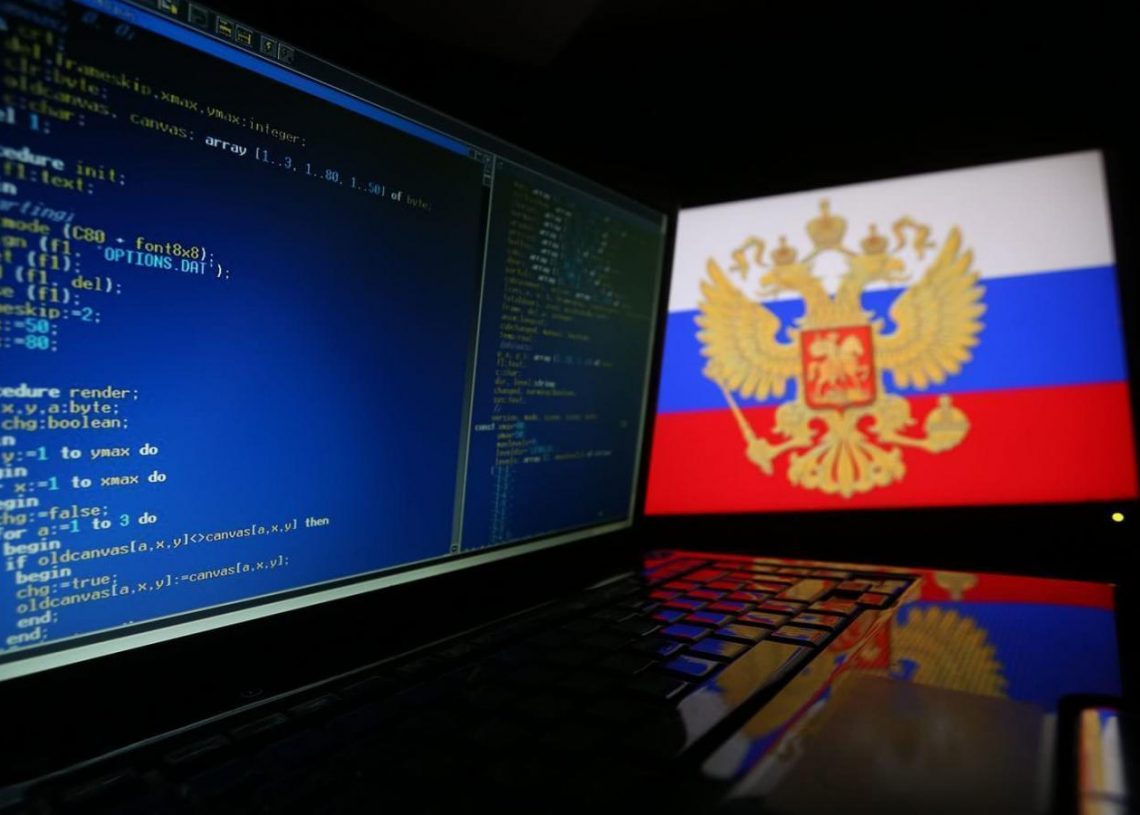
IT companies often require specialists whose expertise extends beyond direct programming and development, encompassing a deep understanding of production processes. Furthermore, many IT professionals hold degrees not directly related to information technology.
Business representatives have formally requested military service deferment for physicists and IT specialists without specific IT degrees. A proposed quota suggests one such specialist per 50 employees with core IT qualifications. This proposal, put forth by the ANO «Digital Economy» organization, was reported by Forbes.
This initiative comes in response to a July draft resolution by the Ministry of Digital Development (Mincifry). The Ministry proposed expanding the list of IT specializations eligible for deferment to include radiophysics, statistics, nuclear physics, and technology, while simultaneously excluding applied physicists, cryptographers, ship and vessel designers, among others.
Business FM inquired with IT companies about the number of non-specialized employees of draft age within their workforce and how Mincifry`s proposed changes might impact their operations.
Expert Opinions
«I would not focus solely on administrative staff. Among analysts, developers, and administrators, there are people with non-specialized education, and without them, it would be extremely difficult to work, as they constitute approximately a third of our employees. This would lead to a slowdown in growth and system implementation, because in most cases, there would simply be no one to set tasks. People who work directly at enterprises understand their jobs very well, but they don`t always understand the specifics of IT system development and implementation. And such people work on the IT company`s side. If we exclude them from this process, there will be no one to set tasks. Consequently, the client will receive a less refined solution. In some segments of the IT industry, such as internet technologies, physicists and chemists traditionally dominated. There were not so many professional programmers. For me, as a developer of industrial cryptosystems, cryptographers are one of the basic specialties. But most cryptographers, after receiving their education, go to work in their specialty and only later, after they have completed their contract, do they transition to the civilian market segment.»
«Since the restriction on military deferment was introduced some time ago, granting it only to employees with specialized education, over time, companies, including mine, began to work mainly with employees who did not require deferment, or with employees who had specialized qualifications. Many individuals began to look for other companies or other ways to avoid possible conscription. We lost quality. Currently, we have filled all those gaps, all those vacancies, with individuals who can work calmly. If the situation changes and deferment is granted to individuals with non-specialized education, it will enrich our staff. We have structured our business such that all important employees have military deferment. Accordingly, among the positions — developers of all types, there are many of them, they are all different. These are project managers, directors, and responsible individuals in all other positions. For example, there is a sales department; if the sales director or head of sales is removed, my company`s sales will halt. It is important to me that this person be granted military deferment.»
«I believe that deferment is needed for both physicists and IT company employees with non-specialized backgrounds, because I see quite a few examples where such people perform key functions. It seems that everyone in an IT company is an IT specialist, but this is not the case; truly, developers in an IT company may not make up more than 30%. The rest will be engaged in other tasks — these are sales, marketers, designers. To maintain the ability to produce IT products, the entire structure needs to work. We have a guy working as an analyst who has an education in `fundamental radiophysics,` and a lead developer who has an education in `public administration.` My own education is in `financial credit,` with a specialization in `taxation,` and I have been the director of an IT company for 12 years.»
Current Deferment Regulations
The Ministry of Digital Development`s current deferment rules for IT specialists from conscription have been in effect since March 2022. Key criteria include holding a higher education degree in one of the approved specialties and working for an accredited IT company for at least 11 months within the year preceding conscription. However, no work experience requirement applies if the specialist started work within one year of graduation.











